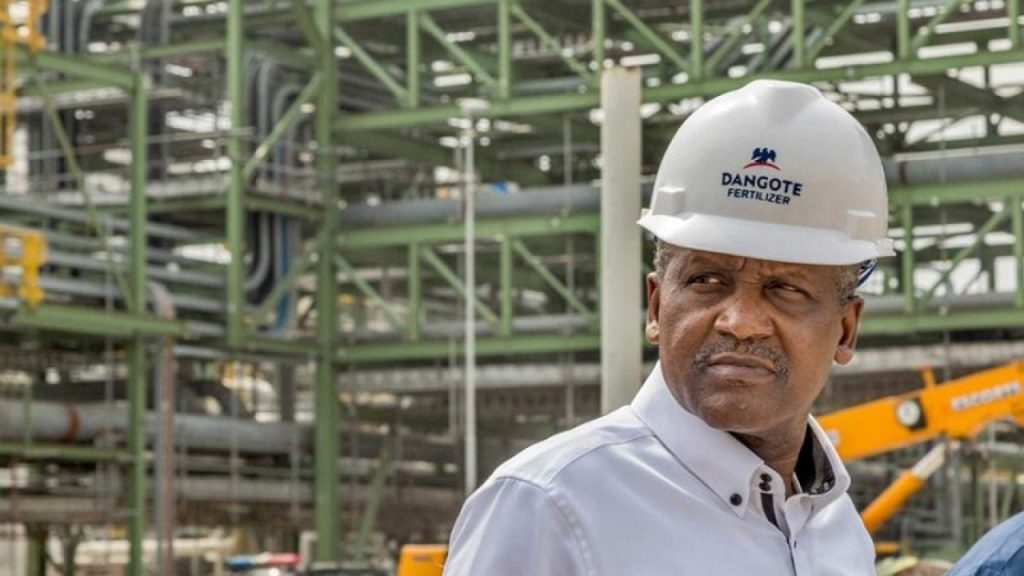The Petroleum Products Retail Outlets Owners Association of Nigeria (PETROAN) has expressed strong disapproval of the Dangote Petroleum Refinery’s decision to sell petrol at N990 per litre, arguing that the price is unreasonable especially considering the significant foreign exchange concessions the company received during its establishment. According to PETROAN, not only is imported petrol priced lower than Dangote’s offering—landing at about N978 per litre as of October 31, 2024—but they also assert that they could provide petrol at even lower prices once granted necessary import licenses. This assertion highlights the ongoing competition in Nigeria’s oil market, marked by allegations between PETROAN and Dangote regarding the quality and standards of products.
In a statement from PETROAN’s Publicity Secretary, Joseph Obele, the association reiterated its commitment to providing better pricing for petrol, indicating that they have plans in conjunction with foreign refineries to import high-quality products. He emphasized that their approach is rooted in a patriotic desire to stabilize the pricing system within Nigeria’s turbulent petrol sector. The response from PETROAN was prompted by Dangote’s claims that both PETROAN and the Independent Petroleum Marketers Association of Nigeria (IPMAN) were preparing to bring inferior products into the Nigerian market, allegations that PETROAN dismissed as tactics to maintain a monopoly.
Obele took further aim at Dangote’s pricing strategy, suggesting that the refinery should focus on production costs and fair margins instead of aligning its prices with international market rates, particularly given the preferential treatment it received in securing foreign exchange. He highlighted that market conditions in Nigeria differ from international contexts and criticized the lack of transparency in how Dangote calculates its petrol prices. This was underscored by Obele’s assertions that Dangote’s pricing did not reflect local economic realities and instead served as an exploitative effort to monopolize the market.
PETROAN’s statement also emphasized the need for privatization of government-owned refineries to enhance operational effectiveness and competitiveness against larger entities like Dangote. Obele pointed out that past monopolistic tendencies have suffocated smaller businesses, leading to a need for a balanced market environment. He argued that the successful privatization of refineries should involve reputable firms that can collaborate with stakeholders in the industry to stimulate healthy competition.
In contrast, the Independent Petroleum Marketers Association of Nigeria (IPMAN) has responded to recent tensions by denying any plans to blend substandard fuel in Lagos. IPMAN National Secretary Terlumun James called for unity among stakeholders to provide affordable energy for Nigerians facing hardship. He mentioned ongoing discussions with Dangote concerning fuel supply and highlighted the importance of collaboration in resolving the challenges plaguing the petrol sector. This dialogue reflects an industry-wide recognition of the need for cooperative efforts to improve conditions for consumers and marketers alike.
In response to allegations surrounding the quality of products being delivered into the market, a spokesperson for the Dangote Group asserted that an international trading company had made arrangements to blend inferior products close to their refinery, reinforcing their position on quality. The silence of the Nigerian Midstream and Downstream Petroleum Regulatory Authority (NMDPRA) when approached for comments further complicated the situation, as stakeholders navigated the complexities of an industry marked by conflict and competition. The discourse reflects broader concerns surrounding effective regulation, fair pricing, and the vital role of competition in ensuring quality and affordability in Nigeria’s petroleum market.














